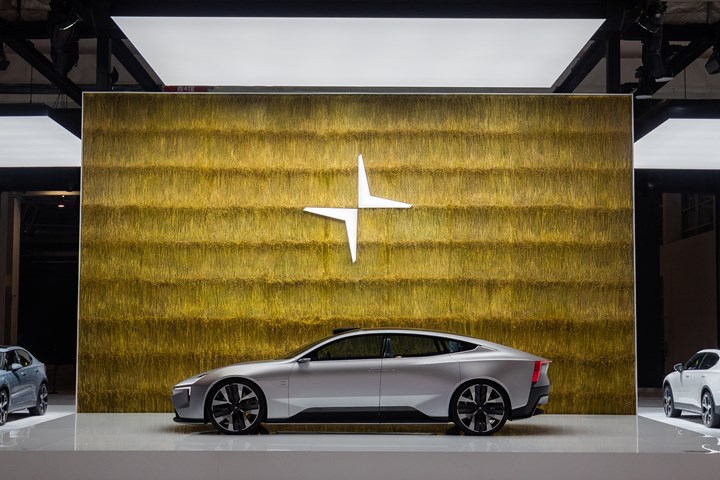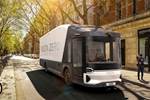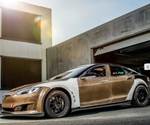Polestar announces production plans for natural composites-intensive BEV
The Precept battery electric vehicle, developed by Volvo’s Polestar brand, is said to feature Bcomp interior and exterior flax fiber composite panels.

Photo Credit: Polestar
(Göteborg, Sweden), a performance electric vehicle brand of automaker Volvo and Chinese manufacturer Geely Holdings, confirmed in late September that it will put its Precept battery electric vehicle (BEV), vehicle meant to forecast the company’s future vision, into series production.
Precept is designed to highlight Polestar’s goals toward digital technology and the use of sustainable materials both in the vehicle’s interior and exterior. Regarding the latter, Polestar has announced a partnership with Bcomp Ltd. (Fribourg, Switzerland) for flax-based composite panels to be featured in Precept’s interior doors, floorboards, dashboard and seatbacks, as well as some exterior components. The car’s interior also is said to feature components manufactured from other sustainable materials such as recycled PET bottles, reclaimed fishing nets and recycled cork vinyl.
With product development underway, Polestar confirms it will produce Precept in China, where a new production facility will be established. According to the company, the aim is to ensure the facility will be climate neutral and one of the most intelligent and connected automotive production facilities in the world.
“Consumers want to see change from this industry — not just dreams. Now, Precept becomes an even stronger statement. We are committed to reducing the environmental impact of our cars and our business. The aim has to be climate neutrality, even though I recognize that is a long-term goal,” says Thomas Ingenlath, Polestar CEO.
This climate-positive narrative was started by Polestar’s original manufacturing facility in Chengdu, where the Polestar 1 electric hybrid vehicle (which features a carbon fiber composite body, among other components) is produced. Inaugurated in 2019, the Polestar Production Centre is said to have become the first LEED Gold-rated automotive production facility in China and runs on 100% renewable electricity.
“China is a home market for Polestar and we recognize the increasingly important drive for greater sustainability here,” says Ingenlath. “With this new factory, we will again raise the bar, aiming to produce the most advanced and premium electric car in China with the lowest carbon footprint.”
Along with the Polestar 1, the company also manufactures the Polestar 2 BEV and has announced plans for a battery electric SUV called Polestar 3.
Related Content
-
JEC World 2024 highlights: Glass fiber recycling, biocomposites and more
CW technical editor Hannah Mason discusses trends seen at this year’s JEC World trade show, including sustainability-focused technologies and commitments, the Paris Olympics amongst other topics.
-
Partners recycle A350 composite production waste into adjustable-length rods for MFFD
Herone, Spiral RTC, Teijin Carbon Europe and Collins Aerospace Almere recycle A350 thermoplastic composite clips/cleats waste into rods for the all-thermoplastic composite Multifunctional Fuselage Demonstrator’s crown.
-
All-recycled, needle-punched nonwoven CFRP slashes carbon footprint of Formula 2 seat
Dallara and Tenowo collaborate to produce a race-ready Formula 2 seat using recycled carbon fiber, reducing CO2 emissions by 97.5% compared to virgin materials.
.jpg;width=70;height=70;mode=crop)





